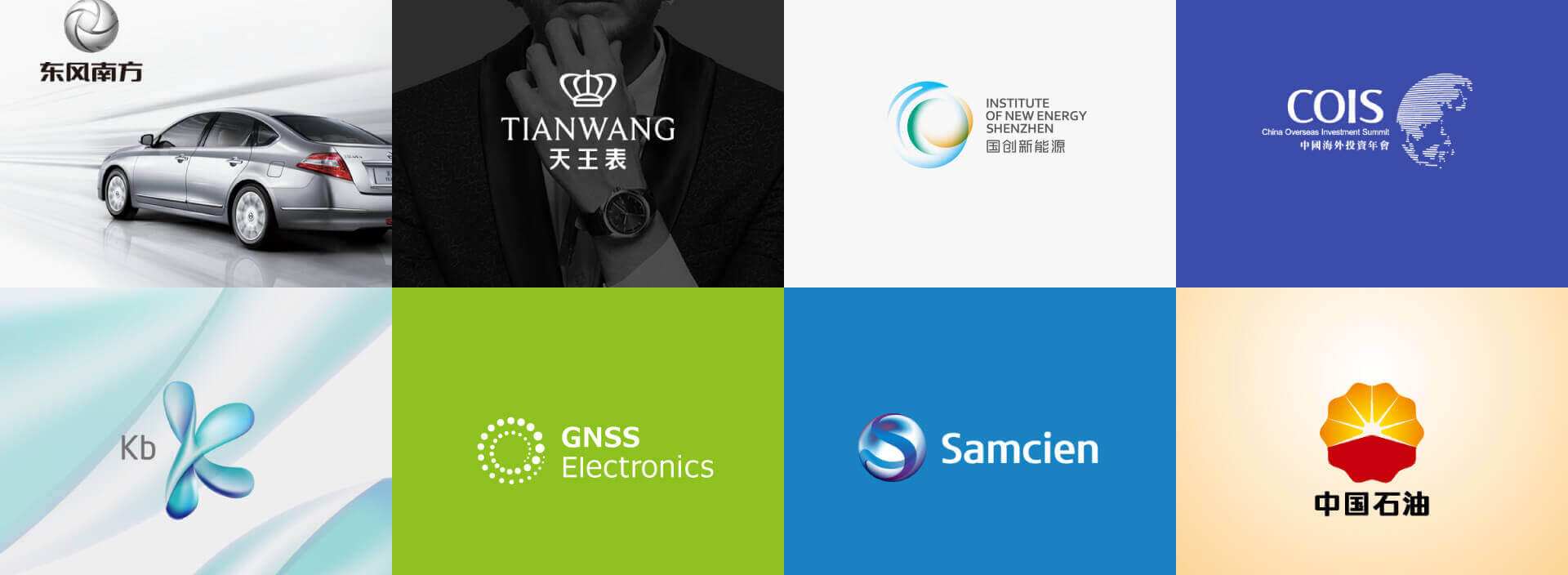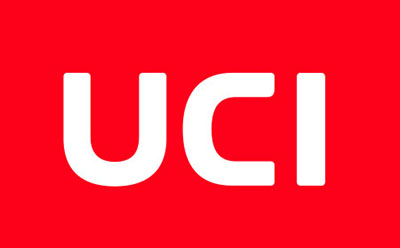

logo標(biāo)志設(shè)計一家企業(yè)品牌形象的靈魂,,傳遞品牌核心價值,,是傳播和記憶的重要元素,,標(biāo)志設(shè)計本身就是超級符號,。如何了解“歐美標(biāo)志設(shè)計”市場價值,,實現(xiàn)企業(yè)標(biāo)志設(shè)計呈現(xiàn),,本文是幫助企業(yè)快速了解市場,,了解“歐美標(biāo)志設(shè)計”的問題,。
歐美標(biāo)志設(shè)計是設(shè)計領(lǐng)域中備受矚目的一部分,。標(biāo)志設(shè)計是以圖形,、文字、色彩等元素為基礎(chǔ),,通過精心構(gòu)思和設(shè)計創(chuàng)作而成,。它是一個組織或品牌的視覺象征,能夠有效地傳達(dá)出所代表的意義和理念,。
在歐美國家,,標(biāo)志設(shè)計被廣泛應(yīng)用于公司、品牌,、政府機構(gòu)等各個方面,。標(biāo)志的設(shè)計風(fēng)格多種多樣,,包括抽象風(fēng)格、卡通風(fēng)格,、簡潔風(fēng)格等等,。其中,歐美標(biāo)志設(shè)計以其獨特的個性和創(chuàng)意取得了很大的成功與認(rèn)可,。
歐美標(biāo)志設(shè)計的特點之一是注重簡潔明了的傳達(dá),,盡可能通過簡單的圖形和文字展示出核心理念。這樣的設(shè)計風(fēng)格使得標(biāo)志更易于理解和記憶,,并能夠在不同媒介上進(jìn)行靈活運用,。例如,著名的可口可樂標(biāo)志就以簡潔的波浪形狀和獨特的字體取得了廣泛的認(rèn)知和喜愛,。
除了簡潔明了的風(fēng)格,,歐美標(biāo)志設(shè)計還注重色彩的運用。色彩對于標(biāo)志設(shè)計來說是至關(guān)重要的元素之一,,能夠給人以直觀的感受和情緒的引導(dǎo),。歐美標(biāo)志設(shè)計常常運用明亮的顏色和飽和度高的色彩,以吸引人們的注意和關(guān)注,。比如,,F(xiàn)acebook的標(biāo)志設(shè)計使用了醒目的藍(lán)色,給人一種親切和可信賴的感覺,。
此外,,歐美標(biāo)志設(shè)計還注重個性化的表達(dá)。每個組織或品牌都有獨特的理念和文化,,標(biāo)志設(shè)計需要通過個性化的方式來展示,。這要求設(shè)計師對所代表的組織或品牌有深入的了解,能夠?qū)⑵涮攸c融入到設(shè)計中,。例如,,蘋果公司的標(biāo)志設(shè)計以一個簡單的蘋果形狀展示出品牌的創(chuàng)新和簡約理念。
總的來說,,歐美標(biāo)志設(shè)計以其簡潔明了,、色彩豐富和個性化表達(dá)的特點而備受矚目。它不僅僅是設(shè)計領(lǐng)域的一部分,,更是組織和品牌形象的重要組成部分,。通過精心的設(shè)計,歐美標(biāo)志設(shè)計能夠有效傳達(dá)出組織或品牌的理念和價值,,引起人們的共鳴和認(rèn)可,。
根據(jù)對“歐美標(biāo)志設(shè)計”的了解,深圳vi設(shè)計公司認(rèn)為一個好的標(biāo)志設(shè)計,應(yīng)該具有清晰,、簡潔,、專屬化和容易識別記憶的特征,通過獨特差異化的形象,,讓消費者記住并且喜歡,,從而實現(xiàn)購買或者合作。良好的標(biāo)志設(shè)計令人記憶深刻,、內(nèi)涵豐富,。

The history of European and American logo design can be traced back to the industrial revolution in the late 18th century. With the rise of industrialization, businesses needed a way to differentiate themselves from their competitors. This led to the emergence of logos as a branding tool. Initially, these logos were simple and focused on symbolic shapes and motifs that represented the industries they belonged to.
The logo designs in Europe and America diverged due to cultural and historical factors. In Europe, the heraldic tradition influenced logo design, with symbols such as shields, crowns, and crests being incorporated into the designs. On the other hand, American logo design was influenced by the ideals of liberty and individualism, with a focus on bold typography and iconic imagery.
As time went on, logo design in both Europe and America evolved in response to changing trends and technological advancements. The rise of mass media and advertising in the 20th century brought a new level of sophistication to logo design. Logos became more refined and complex, incorporating elements of art and design movements such as Art Deco and Bauhaus. The use of color and typography also became more prominent in logo design.
European and American logo design plays a significant role in various industries, shaping the perception of brands and influencing consumer behavior. In the fashion industry, for example, European logo design often emphasizes luxury and elegance, with iconic logos representing renowned fashion houses. These logos are designed to convey exclusivity and sophistication, attracting consumers who desire high-end products.
American logo design, on the other hand, tends to focus more on simplicity and accessibility. In industries such as technology and consumer goods, American logo designs often feature clean lines, minimalistic typography, and iconic symbols. These designs aim to communicate innovation, reliability, and user-friendliness, appealing to consumers who seek modern and functional products.
Moreover, European and American logo designs in the food and beverage industry cater to different cultural tastes and preferences. European logos often incorporate traditional imagery and motifs that evoke a sense of heritage and quality. American logos, on the other hand, tend to be more playful and dynamic, reflecting the fast-paced and diverse nature of American food culture.
The world of logo design is constantly evolving, and European and American logo designers are at the forefront of these trends. In recent years, there has been a shift towards minimalist and flat designs in both Europe and America. This trend emphasizes simplicity, clarity, and adaptability across various platforms and mediums, including digital and mobile.
Another notable trend in European and American logo design is the use of retro and vintage aesthetics. Nostalgia has become a powerful marketing tool, and many brands are incorporating vintage-inspired logos to evoke a sense of authenticity and timelessness. These designs often feature classic typography, muted colors, and retro motifs, creating a sense of nostalgia and emotional connection with consumers.
Finally, there is an increasing emphasis on inclusivity and diversity in European and American logo design. Brands are recognizing the importance of representing different cultures, ethnicities, and genders in their logos to appeal to a wider consumer base. This trend involves the use of diverse color palettes, inclusive symbols, and typography that reflect the multicultural societies in which these brands operate.
As we look towards the future, European and American logo design will continue to evolve in response to societal and technological advancements. With the rise of digital marketing and e-commerce, logos will need to adapt to new formats and platforms, such as social media and virtual reality. Interactive and animated logos may become more common, allowing brands to engage with their audience in innovative ways.
Additionally, sustainability and environmental consciousness will likely play a significant role in future logo design. Brands will need to convey their commitment to sustainability through their logos, using eco-friendly color palettes and incorporating nature-inspired motifs.
Overall, European and American logo design will always be shaped by cultural, technological, and societal factors. It will continue to adapt and innovate, reflecting the ever-changing needs and preferences of consumers while remaining true to the core principles of effective branding and communication.
注意:本文“歐美標(biāo)志設(shè)計”由軟件生成,僅供參考,,本站不對內(nèi)容的準(zhǔn)確性很真實性負(fù)責(zé)。
